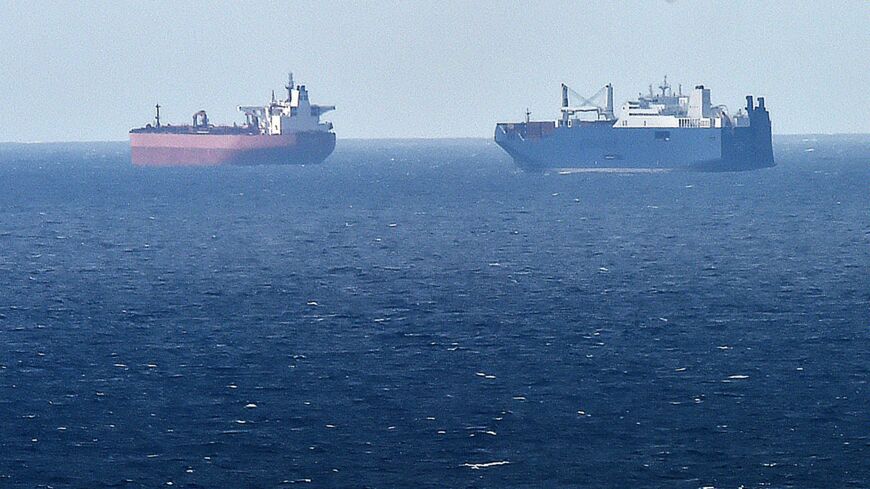In January, non-oil exports experienced their most significant decline in nine months, amplifying concerns amid the ongoing Red Sea crisis. The downturn in exports underscores the profound impact of geopolitical tensions on global trade dynamics.
The Red Sea crisis, sparked by escalating tensions between regional powers, has injected substantial uncertainty into the international trade landscape. The disruption in one of the world’s most critical maritime routes has impeded the flow of goods and heightened logistical challenges for exporters, particularly those reliant on sea routes for transportation.

SOURCE:- INDIA TODAY
The decline in non-oil exports is a troubling sign for economies heavily dependent on trade diversification and export-led growth strategies. As non-oil sectors often serve as engines of economic diversification and job creation, their faltering performance poses a significant risk to economic stability and resilience.
SOURCE:- WION
The January slump in exports represents a setback for policymakers grappling with the twin challenges of geopolitical instability and the lingering economic effects of the COVID-19 pandemic. It underscores the urgency of developing robust contingency plans to mitigate the adverse impacts of geopolitical crises on trade flows and economic activity.
The ripple effects of the Red Sea crisis extend beyond trade statistics, permeating various sectors of the economy. Supply chain disruptions, increased shipping costs, and heightened risk perceptions are weighing on business confidence and investment decisions, further dampening economic prospects.
To navigate these challenging times, governments and businesses must adopt a multifaceted approach that encompasses both short-term mitigatory measures and long-term resilience-building strategies. This may involve diversifying trade routes, investing in alternative transportation infrastructure, and enhancing diplomatic efforts to de-escalate geopolitical tensions.
Furthermore, there is a pressing need for enhanced international cooperation and coordination to safeguard global trade against geopolitical disruptions. Strengthening multilateral frameworks and mechanisms for conflict resolution can help mitigate the risk of protracted crises and their detrimental effects on the global economy.
In the face of mounting uncertainty, businesses are urged to adopt agile and adaptive strategies to navigate turbulent market conditions. This may entail reevaluating supply chain dependencies, exploring new market opportunities, and leveraging digital technologies to enhance operational efficiency and resilience.
Ultimately, while the January slump in non-oil exports underscores the immediate challenges posed by the Red Sea crisis, it also serves as a stark reminder of the broader imperative to fortify global trade against geopolitical volatility. By fostering greater resilience and cooperation, stakeholders can better withstand and mitigate the disruptive impacts of future crises, ensuring the continued vitality and stability of the global economy.
Share your views in the comments

